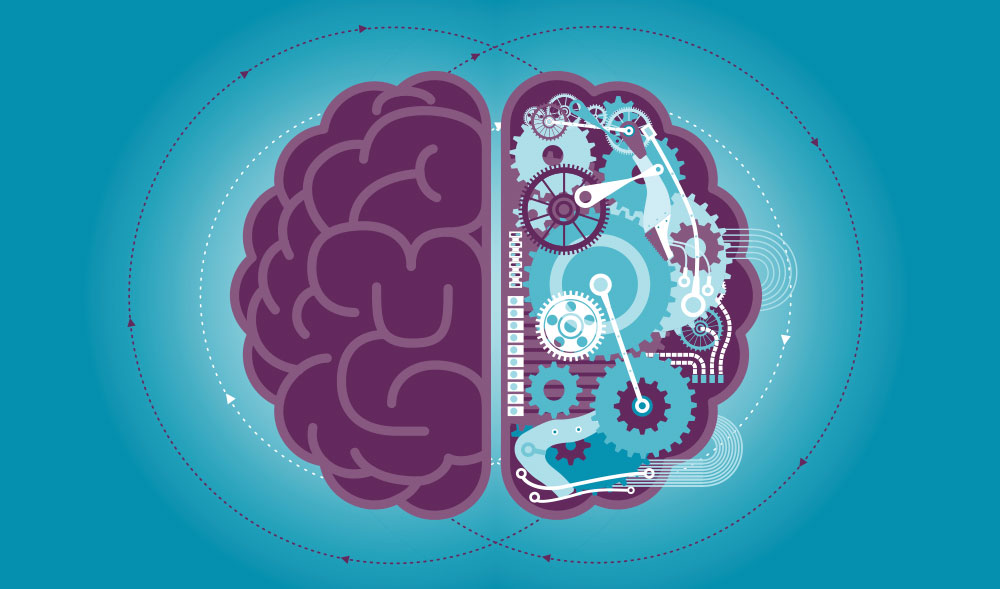Achieving Individual — and Organizational — Value With AI
Artificial intelligence (AI) has the potential to bring significant value to both individuals and organizations.
For individuals, AI can assist with tasks such as data analysis, research, and communication, freeing up time and resources for more complex and creative tasks. For example, an employee who uses AI to automate the analysis of large data sets might be able to spend more time on tasks that require critical thinking and problem-solving skills. AI can also help individuals to identify and leverage their strengths, by providing personalized training and development opportunities based on data analysis.
For organizations, AI can help to improve efficiency and productivity by automating certain tasks and providing insights and recommendations based on data analysis. For example, an organization that uses AI to analyze customer data might be able to identify new opportunities for growth and innovation, or to streamline its operations by identifying and addressing inefficiencies. AI can also help organizations to make more informed decisions, by providing insights and recommendations based on data analysis.
However, it's important to recognize that AI is not a one-size-fits-all solution, and it's important to carefully consider how it can be used to achieve individual and organizational value. It's also important to consider the potential impacts of AI on employment and to ensure that it is used in a way that complements and enhances, rather than replaces, human expertise and judgment.
To achieve value with AI, it's important to start by identifying specific business challenges or opportunities that AI might be able to address. This could involve conducting a thorough analysis of the data and processes involved, as well as engaging with subject matter experts and stakeholders to understand their needs and concerns. It's also important to carefully consider the potential risks and limitations of AI, and to put in place appropriate safeguards and controls to ensure that it is used ethically and responsibly. Finally, it's important to have a clear plan in place for how AI will be integrated into the organization, including how it will be managed, monitored, and maintained over time.

Comments
Post a Comment
If you have any doubts. Please let me know.